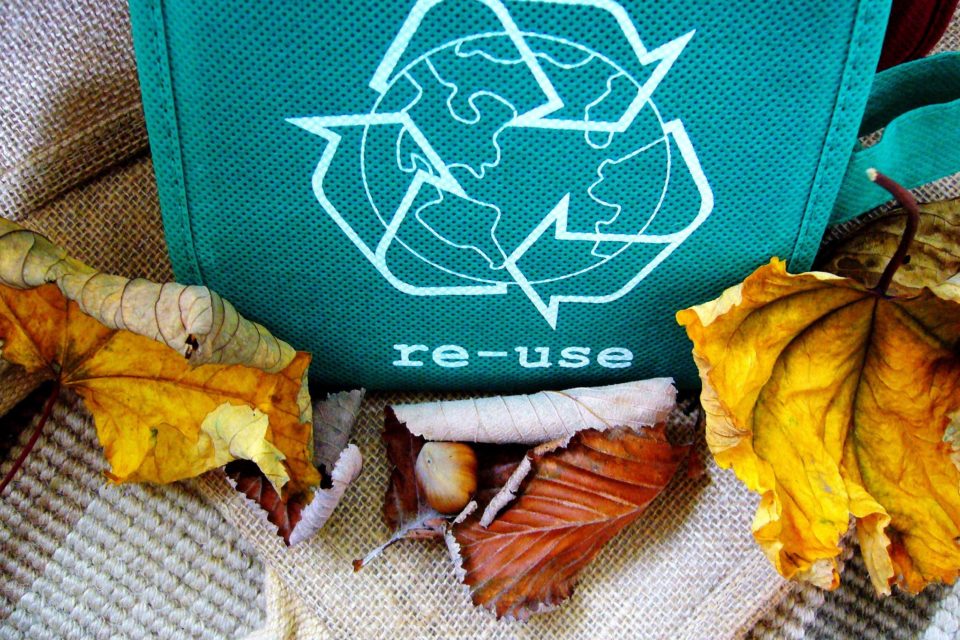Resell, re-use, recycle
Sustainability good for the IT channel as new WEEE regulations take shape

Stay up to date with the latest Channel industry news and analysis with our twice-weekly newsletter
You are now subscribed
Your newsletter sign-up was successful
The IT industry is missing out on potential business and failing to promote sustainable practices within organisations – that’s the view of industry experts gathered at the recent green seminar hosted by Mark Tami, MP for Alyn and Deeside.
Speakers at the ‘Re-use, Repair and Reduce: The 3Rs for a sustainable society’ discussed the issues ahead of the arrival of PAS 141, a new government specification due at the end of March 2011 that aims to increase the amount of re-use, and assure re-users that equipment is safe after testing.
Raising standards
Gary Griffiths, RDC head of sustainability and chair of the BIS WEEE Reuse Working Group provided insight on PAS 141: “WEEE contains all sorts of hazardous material, so the more we can keep out of landfill, the better. Re-use is said to be 20 times better than landfill according to the UN University as we save on materials and energy consumed during manufacturing. There is also a tangible and significant carbon benefit to reuse as the manufacture of IT is a major contributor to carbon use.
“We want to make PAS 141 certification a requirement for all players in the WEEE treatment chain to raise standards. Anyone exporting WEEE overseas in compliance with PAS 141 will not be the focus of attention – the illegal exporters will instead find the regulatory spotlight turned on them.”
Computer Aid International’s CEO David Barker ran through the recent findings of the report, ‘Green ICT – what producers must do’: “One of the biggest issues is that outside of the EU and a few other countries and states in the US, producers are not responsible for the actual cost of recycling of their product – this is most often shifted to unregulated communities in the developing world – so there is no real incentive to make products better. If we want to end toxic, wasteful design, this absolutely needs to change.”
Reseller role
Stay up to date with the latest Channel industry news and analysis with our twice-weekly newsletter
However, it was Askar Sheibani, CEO and MD of Comtek, a specialist in recycling and repairing IT equipment that believes the channel has more of a role to play: “Repair options can enable resellers to restore equipment to working order in the event of malfunction, or maintain legacy products while the end-user migrates to a new infrastructure at an appropriate pace. This approach to maintenance is also beneficial to the environment, enabling end-users to reduce the amount of e-waste they produce without hitting their budgets hard.
Sheibani believes that many resellers are over-dependent on manufacturers for support services. As legacy equipment reaches end of life they often struggle to source spares and replacement equipment that make a comprehensive support service possible.
“However, by forming relationships with third-party IT repair partners, resellers can reduce this dependency on manufacturers and improve working relationships with both existing and prospective customers – particularly as more end-users look to reduce their carbon footprint and cut costs,” says Sheibani.
-
 Anthropic promises ‘Opus-level’ reasoning with new Claude Sonnet 4.6 model
Anthropic promises ‘Opus-level’ reasoning with new Claude Sonnet 4.6 modelNews The latest addition to the Claude family is explicitly intended to power AI agents, with pricing and capabilities designed to attract enterprise attention
-
 Researchers call on password managers to beef up defenses
Researchers call on password managers to beef up defensesNews Analysts at ETH Zurich called for cryptographic standard improvements after a host of password managers were found lacking